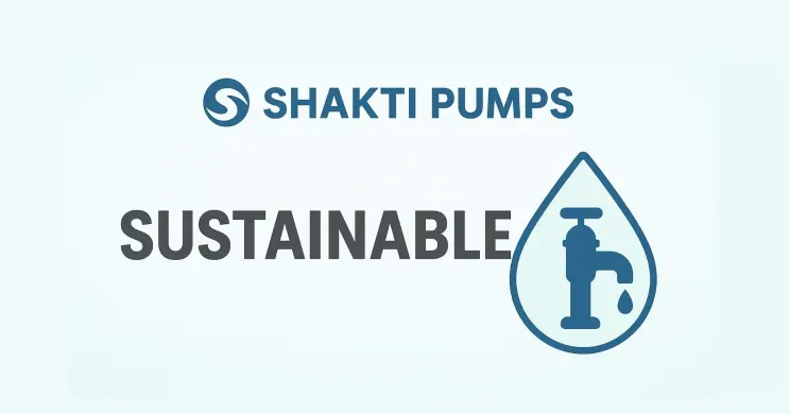
15 Days Price Change

 Niharika Maheshwari
Niharika Maheshwari

Niharika Maheshwari is a highly skilled with a proven track record in providing strategic ... Niharika Maheshwari is a highly skilled with a proven track record in providing strategic investment insights to both retail and High Net Worth (HNI) investors. With a strong academic background in finance and economics, Niharika brings a deep understanding of market dynamics and a keen analytical eye to her role. Read more
Summary
The EV industry in India is on a path of transformative growth, propelled by a confluence of supportive policies, technological advancements, consumer behavior shifts, and environmental consciousness. While challenges in terms of infrastructure, technology costs, and consumer perception persist, the opportunities presented by governmental incentives, environmental concerns, and technological innovations are immense. With a holistic approach encompassing policy support, market strategies, and technological advancements, India is poised to not only meet its environmental and economic objectives but also carve a niche in the global EV landscape. The journey of the EV industry in India is not just about the transition from traditional to electric vehicles but represents a broader shift towards sustainable and intelligent mobility solutions.
The Electric Vehicle (EV) industry in India is at a nascent yet rapidly evolving phase, marked by significant developments in policy frameworks, market dynamics, technological advancements, and investment flows. This comprehensive analysis delves into various facets of the industry, including its future outlook, policy landscape, major players, comparative global standing, and investment patterns.
The future of the EV industry in India appears promising, driven by a convergence of factors such as governmental support, increasing environmental awareness, advancements in technology, and the evolving consumer preferences. The market is expected to grow at a Compound Annual Growth Rate (CAGR) of around 44% between 2020 and 2027. This growth is underpinned by the falling costs of EVs, coupled with the improvement in the charging infrastructure and the entry of numerous startups and established players.
The policy framework in India has been instrumental in driving the EV industry's growth, with significant initiatives from the central and state governments.
Various states including Karnataka, Tamil Nadu, Telangana, and Delhi have introduced policies providing additional incentives, infrastructure development commitments, and other supportive measures for the EV industry.
India's EV industry, while growing, is still in its infancy compared to global giants like China and the USA.
In conclusion, the EV industry in India is on an upward trajectory, fueled by supportive governmental policies, advancements in technology, and increasing environmental consciousness among consumers. However, the path is fraught with challenges, including the need for extensive infrastructure development, reduction in technology costs, and changing consumer perceptions. With the right mix of policies, market strategies, and technological innovations, India can not only meet its environmental and economic objectives but also emerge as a significant player in the global EV market.
Understanding consumer behavior is crucial for the growth of the EV industry in India. As environmental awareness increases and the total cost of ownership of EVs decreases, more consumers are likely to consider EVs as a viable alternative to traditional vehicles.
The supply chain and manufacturing ecosystem for EVs in India is evolving, with significant implications for the industry's growth and sustainability.
Technological advancements are the backbone of the EV industry, driving improvements in efficiency, cost, and consumer appeal.
The environmental implications of EVs are a significant driver of their adoption, but sustainability concerns need to be addressed.
Investment dynamics and financial incentives are pivotal in shaping the EV market's growth trajectory.
A robust regulatory framework and adherence to standards are essential for ensuring safety, reliability, and consumer trust.
Collaborations and partnerships with global entities can provide access to advanced technologies, capital, and markets.
The EV industry in India is on a path of transformative growth, propelled by a confluence of supportive policies, technological advancements, consumer behavior shifts, and environmental consciousness. While challenges in terms of infrastructure, technology costs, and consumer perception persist, the opportunities presented by governmental incentives, environmental concerns, and technological innovations are immense. With a holistic approach encompassing policy support, market strategies, and technological advancements, India is poised to not only meet its environmental and economic objectives but also carve a niche in the global EV landscape. The journey of the EV industry in India is not just about the transition from traditional to electric vehicles but represents a broader shift towards sustainable and intelligent mobility solutions.


























Independent Research Powered By - Actionable data



Looking to buy unlisted shares or need guidance on the investment process? Our expert Private Equity Advisors are here to assist you with accurate information, real-time pricing, and seamless execution.
Want to sell unlisted shares, liquidate your ESOPs, or understand the step-by-step process of liquidation? Connect with our Buying Team for smooth coordination, quick evaluations, and end-to-end support.
Planning to build or grow your portfolio? For Mutual Fund investments, PMS solutions, tailored portfolio creation, and overall wealth management, our dedicated Wealth Team is ready to guide you.